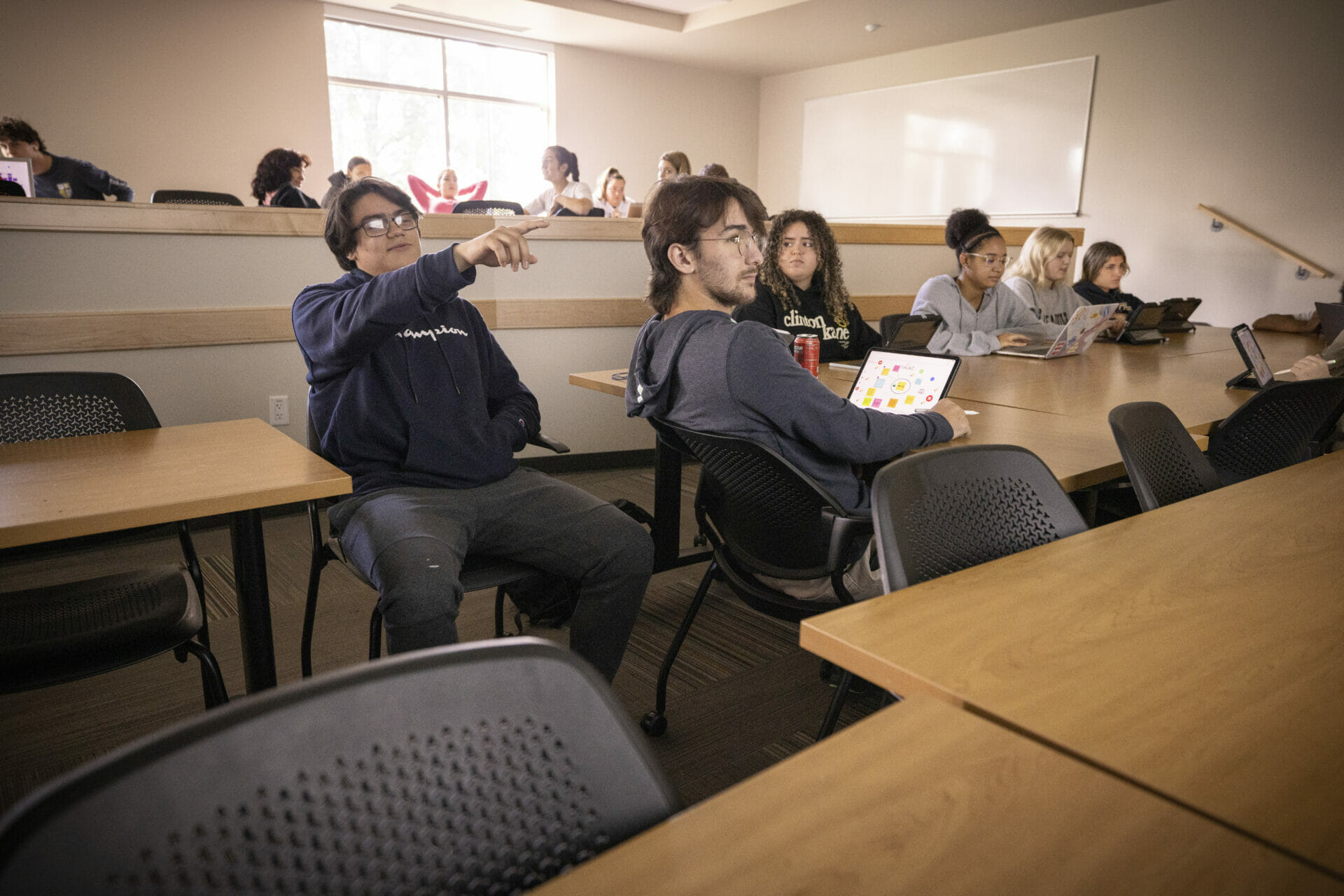Psychology Faculty Research
New scholarship is always being developed by the psychology department at Merrimack College. Learn more about their ongoing projects below.





Dr. Laura Kurdziel & Dr. Allison Seitchik
Given that both sleep disruption and mild traumatic brain injury (mTBI, or concussion) can impact emotion regulation, it is possible that improving sleep quality may reduce the emotion dysregulation associated with mTBI. Therefore, sleep extension may be an effective way to improve some of the symptoms of mTBIs. As the prevalence of mTBI is extremely high, it is critical to determine ways to mitigate impairments. We aim to assess the possible therapeutic function of a daytime nap to alleviate some emotion regulation symptoms, which could, in turn, reduce anxiety, depression, or other mental health outcomes commonly associated with mTBI. An application was recently submitted for a National Institutes of Health, Research Enhancement Award Program (REAP) R15 grant.
The significance of this work is examining the relationship between emotion regulation, sleep in the form of a nap, and mTBIs, as well as the ability to assess the possible therapeutic function of a daytime nap to reduce emotion dysregulation symptoms. The innovation lies in the above significance and aims to address the critical gap in the literature and its ability to shift the current clinical practice for mTBI, as well as the combined experimental design (eye tracking, polysomnography) of the proposal. The long-term goal of this research is to determine how sleep-based interventions may improve cognitive and emotional outcomes following mTBI, which could be a cost-effective and accessible addition to a mTBI rehabilitation program.
Dr. Amanda Cremone-Caira '12
Risk-taking behaviors are traditionally associated with adverse and maladaptive outcomes. Interestingly, evidence in adolescents and adults suggests that, in certain contexts, risk-taking facilitates a variety of adaptive social behaviors. To date, however, the adaptive function of risk-taking tendencies in preschool-aged children is understudied. As preschoolers frequently engage in risks to learn about new environments and contexts, additional research is needed to better understand the outcomes of risk-taking in this age group. Thus, the objective of this ongoing project is to examine the bidirectional effects of risk-taking tendencies on social outcomes in preschool-aged children (4 to 5 years of age).

